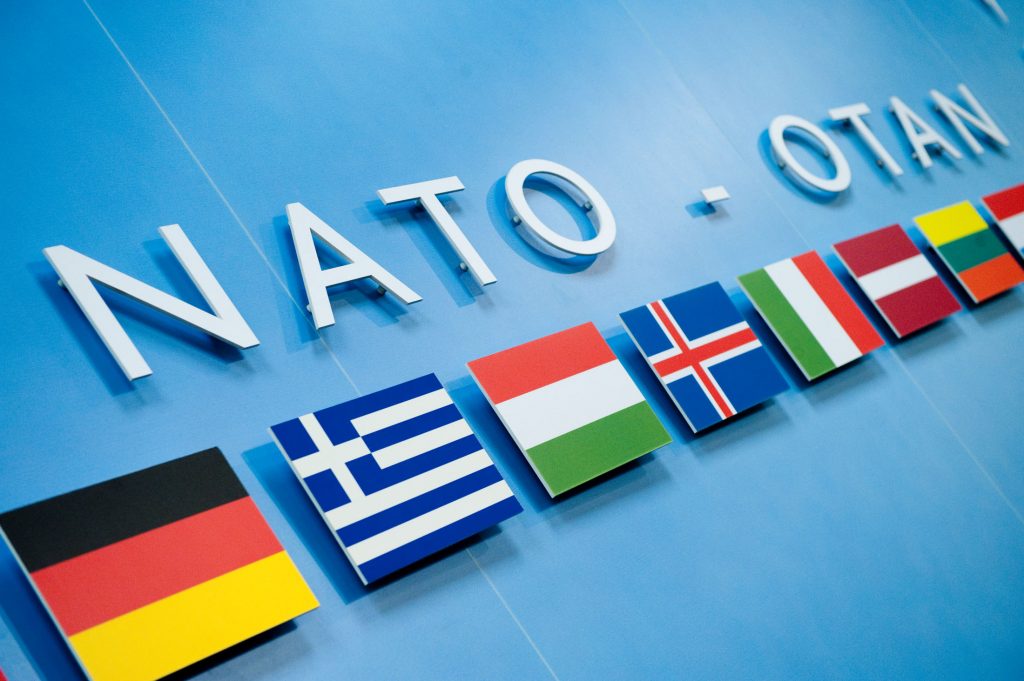
From Steven Erlanger, the New York Times: As the military operation continued over Libya on Monday, there was some confusion about which country or organization is actually leading it, and for how long. France, Britain and the United States are in charge of their own operations, which each have different code names.
The participants are being “coordinated” by the United States, but not commanded by it, according to the French Defense Ministry. …
Foreign Minister Alain Juppé said in Brussels on Monday that … “In a few days, if the United States pulls back from the operation, NATO is ready to come in with its support,” which he described as “its contribution to the planning and execution of operations.”
But France does not want NATO to have political control of the mission, he said. “It’s a coalition of countries leading the operation, so they are in political control of it, and Arab countries, North American and European countries are participating.” …
Italy, which has long had close ties with Libya, is threatening to rethink its position unless NATO takes over the operations, Foreign Minister Franco Frattini said in Brussels on Monday. …
Mr. Frattini’s spokesman, Maurizio Massari, said: “We want to see NATO command and control on Libya. At the moment we have three separate commands, and this is causing a lot of problems with coordination of the operations.” …
Washington may be willing to have France and Britain run the operation as a coalition, but that would be hard for the two countries to do without using NATO assets for command and control, most of which belong to the United States. But Washington has never been willing to put its troops under the command of any other nation, one reason that even in NATO, the Supreme Commander Europe, is always an American.
From Daniel Dombey and Peter Spiegel, the Financial Times: Relations grew so tense on Monday that French and German ambassadors to Nato walked out of a meeting of the North Atlantic Council, the alliance’s decision-making body, after Anders Fogh Rasmussen, secretary-general, criticised Paris for impeding Nato involvement and Germany for not actively participating.
From Kim Willsher, the Guardian: [A]fter Monday’s meeting, Norway said it was "suspending’ participation of its F-16 fighter jets, which had already arrived in Italy before flying on to Crete, until it had "a clarification of the command [structure]."
From MSNBC: Diplomats said France was seeking political leadership of the mission, but this was opposed by a number of other nations, which wanted NATO firmly in charge. Another sticking point was just how aggressive the enforcement of the no-fly zone should be, as several nations strongly opposed continuing the air strikes on Libyan ground targets.
From Reuters: "There are some very basic questions that need to be resolved," a NATO diplomat said.
"The general question is what NATO should do and what the coalition of the willing should do and in what timeframe we are talking about — is the coalition of willing something for the short term or the longer term?
"Some nations still have to make up their minds really what they want to do in the longer term — do they want to be engaged in the longer term and take the lead?" (photo: NATO)
